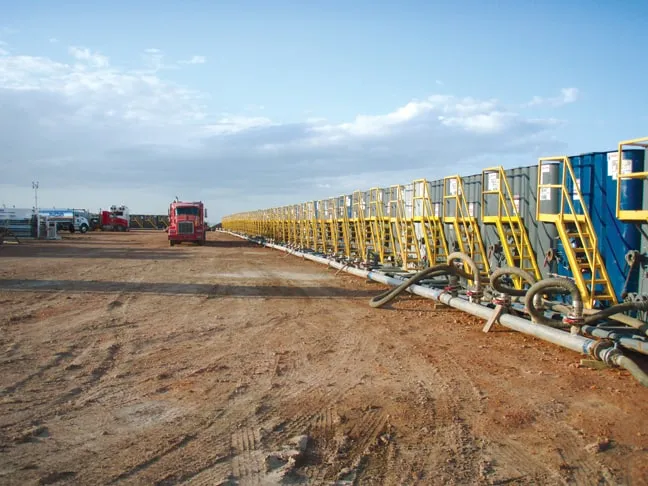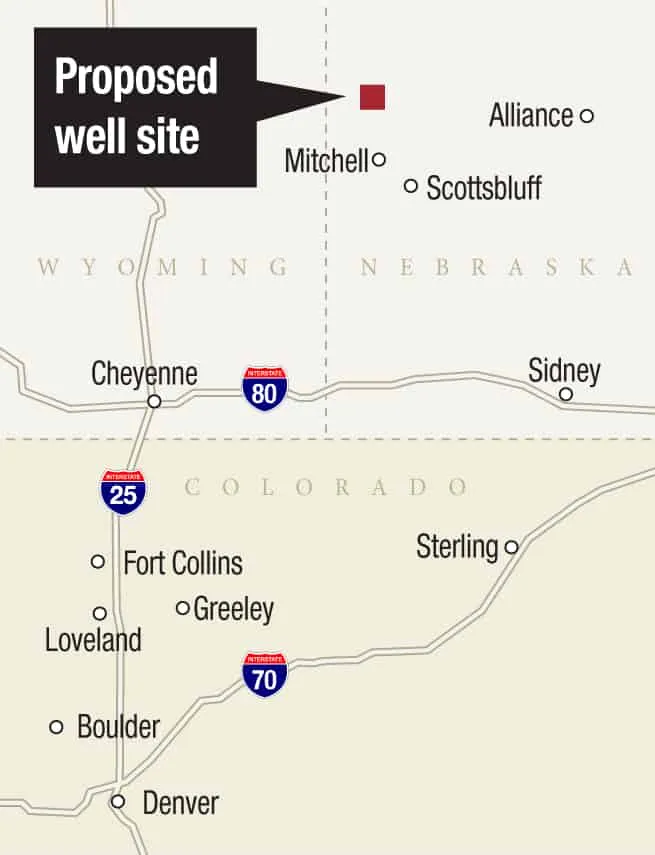Well flap pits oil vs. agriculture in case of Broomfield company

 BROOMFIELD — T-Rex Oil Inc. (OTCQB: TRXO) in Broomfield is facing the wrath of ranchers and activists as it seeks to inject oil and natural-gas wastewater into a well in an agricultural region in northwest Nebraska.
BROOMFIELD — T-Rex Oil Inc. (OTCQB: TRXO) in Broomfield is facing the wrath of ranchers and activists as it seeks to inject oil and natural-gas wastewater into a well in an agricultural region in northwest Nebraska.
T-Rex, which employs six people, has requested that the Nebraska Oil and Gas Conservation Commission approve its well north of Mitchell, Neb. The giant well can accept as much as 40,000 barrels of wastewater daily. The request has prompted a fierce debate, pitting agricultural and environmental advocates against oil and gas interests.
THIS ARTICLE IS FOR SUBSCRIBERS ONLY
Continue reading for less than $3 per week!
Get a month of award-winning local business news, trends and insights
Access award-winning content today!
